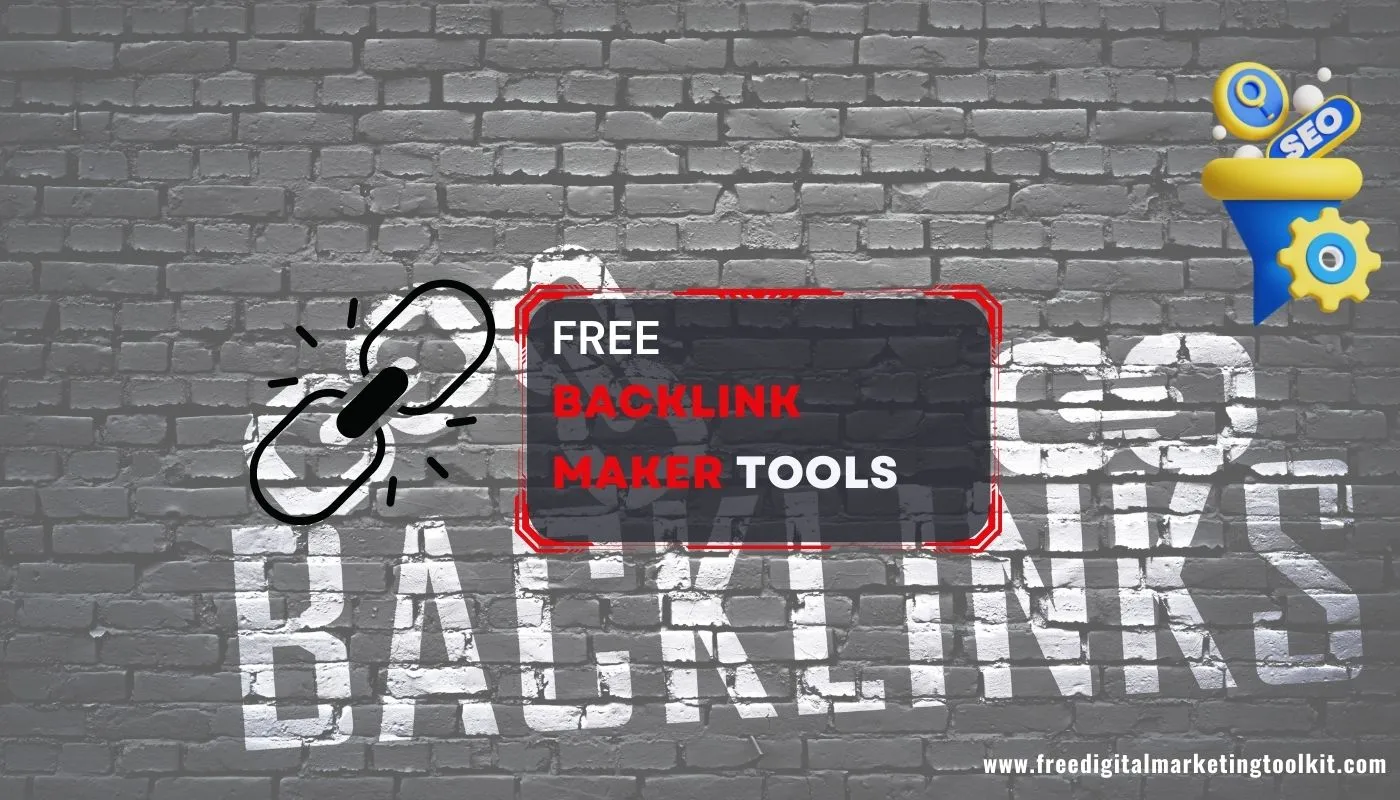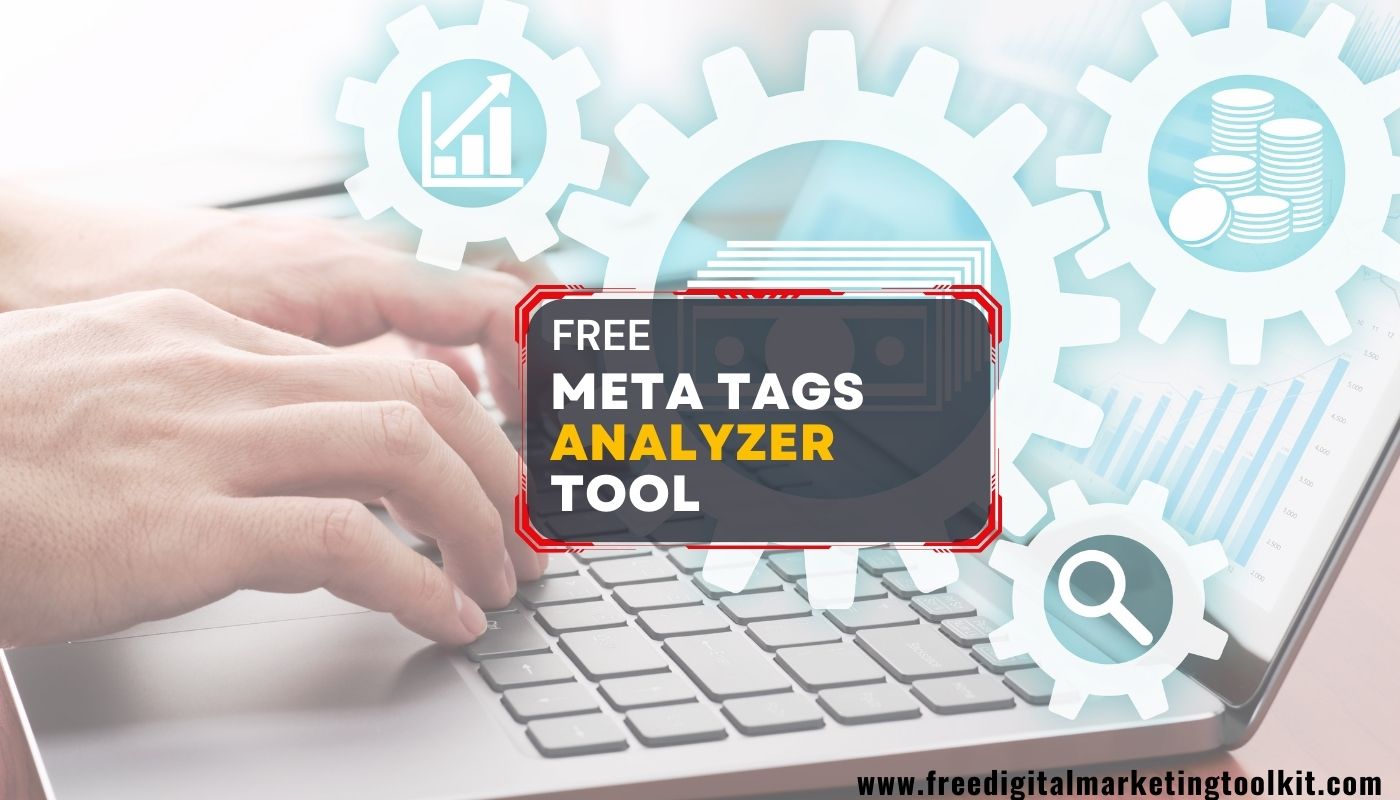
Unlike on-page SEO, which involves optimizing elements on your website, off-page SEO focuses on external factors that impact your site’s credibility and reputation in the eyes of search engines. In our previous one post we have shared the On-Page SEO checklist, Here we will explore a comprehensive off-page SEO checklist to help you enhance your website’s search engine ranking and drive organic traffic.
What is Off-Page SEO?
Off-page SEO refers to all the activities that are done outside of your website with the goal of influencing your site’s search engine ranking and credibility. This includes link building, social media engagement, brand mentions, influencer marketing, and more. Off-page SEO is essential because it shows search engines how authoritative and trustworthy your website is based on its reputation and popularity across the web.
Understanding the Importance of Off-Page SEO
Off-page SEO is a critical factor that search engines consider when ranking websites. While on-page SEO helps optimize individual web pages for specific keywords, off-page SEO boosts your overall website’s authority, improving its chances of ranking higher in search results. Search engines view off-page signals as indicators of your site’s value and relevance, making it an indispensable part of any comprehensive SEO strategy.
Quality Link Building Strategies
One of the most influential factors in off-page SEO is link building. Search engines view backlinks from reputable and relevant websites as votes of confidence in your content. Here are some effective link building strategies:
Guest Blogging for Backlinks
Guest blogging or guest post submission allows you to contribute valuable content to other websites within your niche. In return, you can include backlinks to your site, boosting your SEO efforts while providing valuable information to a broader audience.
Creating High-Quality Infographics
Infographics are visually appealing and highly shareable content. By creating informative infographics and promoting them on various platforms, you can attract backlinks and enhance your website’s visibility.
Social Media Outreach and Engagement
Engaging with your audience on social media platforms not only improves brand awareness but also increases the likelihood of acquiring quality backlinks when others share your content.
Harnessing the Power of Social Media
Social media plays a significant role in off-page SEO. The following strategies will help you leverage social media to boost your website’s authority:
Leveraging Different Social Media Platforms
Each social media platform caters to a unique audience. By understanding your target audience and choosing the right platforms, you can expand your reach and attract relevant traffic to your website.
Encouraging Social Sharing and Engagement
Engage your audience through interactive content, and encourage them to share your posts. Increased social sharing can lead to more backlinks and increased visibility across the web.
Online Reputation Management
Your online reputation directly influences how search engines perceive your website. To manage your online reputation effectively, consider the following:
Monitoring Online Mentions
Monitor your brand mentions and respond to comments and reviews, whether positive or negative. Engaging with your audience builds trust and authority.
Responding to Customer Reviews and Feedback
Address negative reviews constructively and promptly. Show your audience that you value their feedback and are committed to providing an excellent user experience.
Influencer Marketing and Brand Advocacy
Influencers can significantly impact your website’s visibility and credibility. Consider the following influencer marketing strategies:
Identifying Relevant Influencers
Identify influencers in your niche who have a substantial following and a positive reputation. Collaborating with them can increase your brand’s reach and attract more traffic.
Building Strong Relationships with Influencers
Nurture relationships with influencers by offering mutual value and engaging with their content. Genuine relationships lead to more organic endorsements and backlinks.
Local SEO Strategies
Local SEO is crucial for businesses with physical locations. Optimize your website for local searches using these strategies:
Google My Business Optimization
Claim and optimize your Google My Business listing with accurate information, including your address, phone number, and business hours. This helps customers find you more easily.
Local Directory Listings
Ensure your business is listed accurately in online directories, including Yelp and Yellow Pages. Consistent NAP (Name, Address, Phone) information boosts local SEO.
Content Marketing and Guest Posting
Creating and promoting valuable content is key to successful off-page SEO. Consider the following:
Creating Shareable and Link-Worthy Content
Craft high-quality, shareable content that naturally attracts backlinks from other websites. Engaging blog posts, in-depth guides, and informative videos are excellent examples.
Targeting Niche-Specific Audience through Guest Posting
Write guest posts for authoritative websites within your niche. This not only helps with backlinks but also establishes you as an expert in your field.
Utilizing Web Directories and Classifieds
Web directories and classifieds can provide valuable backlinks and local exposure. Use them wisely:
Submitting to Reputable Web Directories
Submit your website to reputable directories related to your industry. Avoid spammy directories, as they can harm your SEO efforts.
Using Classifieds for Local Outreach
Promote your business on local classified websites to reach potential customers in your area.
Evaluating and Analyzing Backlink Profile
Monitoring and managing your backlink profile is crucial for off-page SEO success:
Monitoring Backlink Quality and Diversity
Regularly analyze your backlinks to ensure they come from diverse and reputable sources. Low-quality and spammy links should be disavowed.
Disavowing Toxic and Spammy Backlinks
Use Google’s Disavow Tool to remove harmful backlinks that could negatively impact your SEO efforts.
Video Marketing and Optimization
Video content has gained immense popularity. Utilize it effectively to boost off-page SEO:
Creating Engaging Video Content
Produce compelling and informative videos that resonate with your audience. Engaging videos are more likely to be shared and linked to.
Optimizing Video Metadata and Descriptions
Add relevant keywords and descriptions to your videos to improve their discoverability on search engines.
Harnessing the Power of User Reviews and Testimonials
Positive reviews and testimonials can enhance your website’s credibility:
Encouraging User Reviews and Testimonials
Ask satisfied customers to leave reviews and testimonials on platforms like Google, Yelp, or Trustpilot.
Showcasing Reviews on Your Website
Displaying positive reviews on your website can encourage trust among potential customers and influence their purchasing decisions.
Building Relationships through Outreach
Networking and collaborating with others can lead to valuable opportunities for your website:
Networking with Industry Influencers
Attend conferences, webinars, and networking events to connect with influencers and industry leaders.
Collaborating on Joint Projects and Content
Partner with other businesses or content creators to collaborate on projects and create valuable content together.
Understanding the Impact of Social Signals
Social signals can indirectly influence your website’s SEO. Consider the following:
How Social Signals Affect SEO Rankings
While social signals themselves may not directly impact rankings, they contribute to increased visibility, brand awareness, and potential backlinks.
Strategies to Improve Social Signals
Focus on producing shareable content, engaging with your audience, and building a strong social media presence.
Measuring Off-Page SEO Success
To ensure your off-page SEO efforts are effective, monitor key metrics:
Tracking Key Metrics
Keep an eye on backlinks, referral traffic, social media engagement, and online mentions to gauge your off-page SEO performance.
Making Data-Driven Improvements
Analyze the data collected and make necessary adjustments to your off-page SEO strategy for better results.
Conclusion
A well-executed off-page SEO strategy is paramount for driving organic traffic, increasing brand visibility, and improving search engine rankings. By implementing the comprehensive off-page SEO checklist provided in this article, you can boost your website’s authority and ultimately achieve online success. Remember, off-page SEO is an ongoing process, and consistently adapting to the ever-changing digital landscape will help you stay ahead of the competition.
FAQs
1. What is the difference between on-page and off-page SEO?
On-page SEO focuses on optimizing elements within your website, such as content and meta tags, to improve search engine rankings. Off-page SEO, on the other hand, involves external factors like link building, social media engagement, and brand mentions.
2. How important are backlinks in off-page SEO?
Backlinks are crucial in off-page SEO as they serve as “votes” of confidence from other websites. Quality backlinks from reputable sources can significantly improve your website’s credibility and search engine ranking.
3. What are social signals, and do they directly impact SEO rankings?
Social signals refer to a website’s social media presence and engagement. While social signals themselves may not directly influence rankings, they contribute to increased visibility and potential backlinks, indirectly benefiting SEO efforts.
4. How can I monitor and manage my backlink profile?
Various SEO tools and services are available for monitoring and analyzing your backlink profile. Regularly review the quality and diversity of your backlinks and disavow any harmful or spammy links using Google’s Disavow Tool.
5. Is off-page SEO a one-time task?
No, off-page SEO is an ongoing process. Continuously engaging with your audience on social media, building relationships with influencers, and creating shareable content are essential for long-term success.







